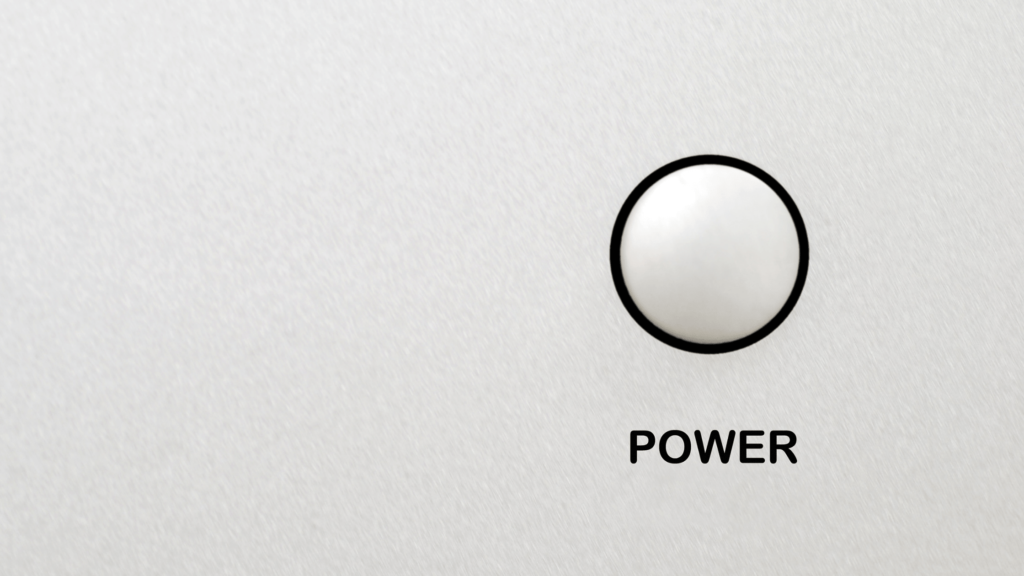
Power is the ability to get something done. When we go to the grocery store and buy food for our family, that is an exercise of power, getting something done. When we stand together to support one another’s human rights, that is power. Sometimes people come to see the word power in a negative way, identifying it only by examples of the power that harm people.
The Civil Rights movement, both today and historically, is about power. We have also seen power used to deny human rights. How can we understand the difference between the two?
We recognize that there are several ways to use or build power:
- Power over others
- Power for others
- Power with others
At PTU we recognize that many societies, cultures, institutions, and individuals use “power over others” as a primary expression of power. We do not believe this reflects the Divine. We do not believe power over others reflects humans at our best. Some say that this sort of dog-eat-dog power is inevitable and “just the way the world is.” No. Setting up society this way is a choice. It is also a bad one. Societies set up this way always fall apart, taking people, animals, and the ecosystem with them. People focused on power over others want to win the game of dominance.
Some engage in “power for others” seeking to advocate on behalf of others. There are times when this is appropriate to use one’s relative status to speak on another’s behalf. This understanding of power is where allyship begins. It is good. But this must be quickly followed by creating space for those formerly not listened to. It is good for kids in school to stand up for those being devalued by their classmates. But if we stand for someone in such a way as you keep them dependent on your power, we are just engaging power over another – while claiming to be virtuous. All too often, this is what self-proclaimed allies of oppressed minority groups go, and goes wrong. People focused on power for others often act, sometimes without knowing it, to keep the rules of the dominance game the same.
At PTU we believe that the Divine is best expressed in our world when human beings seek to have power with each other. In this power, those with more perceived power must boldly step back and listen and those with less perceived power must boldly step forward so that all voices and pearls of wisdom may inform our mutual work. This does not mean that those with more perceived power cannot use their power, but must at every step, discern how to use it and whether or not to use it, to further change the system. People acting to have power with each other don’t want to win the game, but change the rules of the game so everyone can win. They want to do away with dominance and build what Martin Luther King called the Beloved Community.
If you are interested in learning more about how to be an authentic ally building power with others, please join us for our new course, The Practice of Authentic Allyship.
